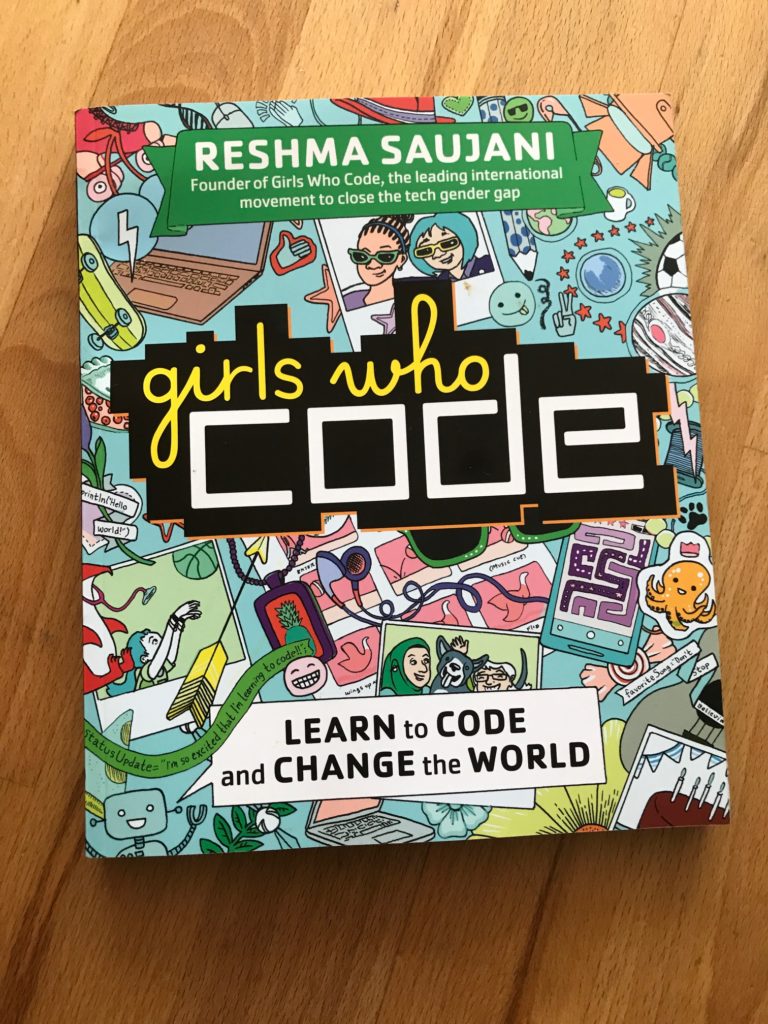- A third of girls cite Maths as their least favourite subject
- Boys inspired by STEM, list Computing and Maths as favourite subjects
- Girls dream of becoming teachers while boys aspire to be computer programmers
To commemorate International Women in Science Day today, BBC Science Focus Magazine has launched an investigation into why many girls are not choosing to study science, technology, engineering and mathematics at A-level and University. To get to the heart of the issue, BBC Science Focus Magazine conducted three separate surveys in a bid to discover why certain subjects get a thumbs-down, and whether anything can be done to stop them turning away.
The survey sent to 11 to 14-year olds conducted by agency CINT UK Ltd/Immediate Media Co, discovered that there is notable gender difference in the respondents, with no STEM subjects listed in the Top 3 subjects for girls, whilst STEM subjects feature twice (ICT and Maths/Statistics) in the boys Top 3.
Girls Favourite Subjects
|
Boys Favourite Subjects
|
Those polled citing, ‘I’m good at them’ (68%) and ‘I find them interesting’ (65%) as the main reasons behind favourite subjects.
When it comes to Least Favourite, Maths/Statistics comes top for girls polled. Both boys and girls also cite similar reasoning for their least favourites: 57% find the subjects boring, 42% because they are not good at them and 35% find them difficult to understand.
Girls Least Favourite
|
Boys Least Favourite
|
|
This attitude is certainly reflected nationally. According to the Your Life campaign, at A-level, just 19% of girls choose two STEM subjects, compared to 33% of boys. Maths and physics fare particularly poorly: according to the JCQ (Joint Centre for Qualifications), last year 59,270 boys took A-level maths, compared to 38,357 girls; and 29,422 boys took physics, compared to 8,384 girls.
Alice Lipscombe-Southwell, Production Editor at BBC Science Focus Magazine commented, “From our research, we found that interest in the sciences drops off when girls enter secondary school. This is troubling, as many of them want to follow career paths where science, technology, engineering and maths would be helpful. In fact, these subjects are useful for loads of careers – whether you want to be a journalist, a video game designer, an astronaut or a lawyer.”
But how do the younger girls view STEM? When we spoke to around 100 readers at Girl Talk, a magazine for girls aged 7 to 11, they told us they enjoy their science lessons, especially the experiments and hands on learning, which would suggest that girls are less interested in STEM, the older they get.
With 40,000** STEM jobs lying vacant each year, there is a huge opportunity to get more women into science-based roles. When asked what careers the 11 to 14-year olds would like to do when older, there is a marked difference between the genders. Girls are aiming for traditionally nurturing roles with teacher (8%) taking the top spot, a career in the medical profession (7%) orworking with animals (7%), complete their Top 3, whereas boys have opted for computer programming (10%), engineering (8%) and becoming a blogger/vlogger at 6%.
Considering that STEM qualifications are needed to pursue several of the girls’ dream jobs, the magazine also surveyed more than 2,000 adults to ascertain whether STEM subjects are suggested by School Careers Advisors, or indeed whether pupils career aspirations are considered.
Considering that it can, and should, play an important part in future careers, over a third (37%) of our audience agree that better, or the presence of, careers advice would have altered the career path they followed. A huge number of those polled (63%) agree there should be more advice from schools, whilst 40% wished they had understood what qualifications were needed to pursue their preferred career, as 30% of those would have taken the necessary subjects more seriously at school.
For more on the subject, the full feature is at www.sciencefocus.com




